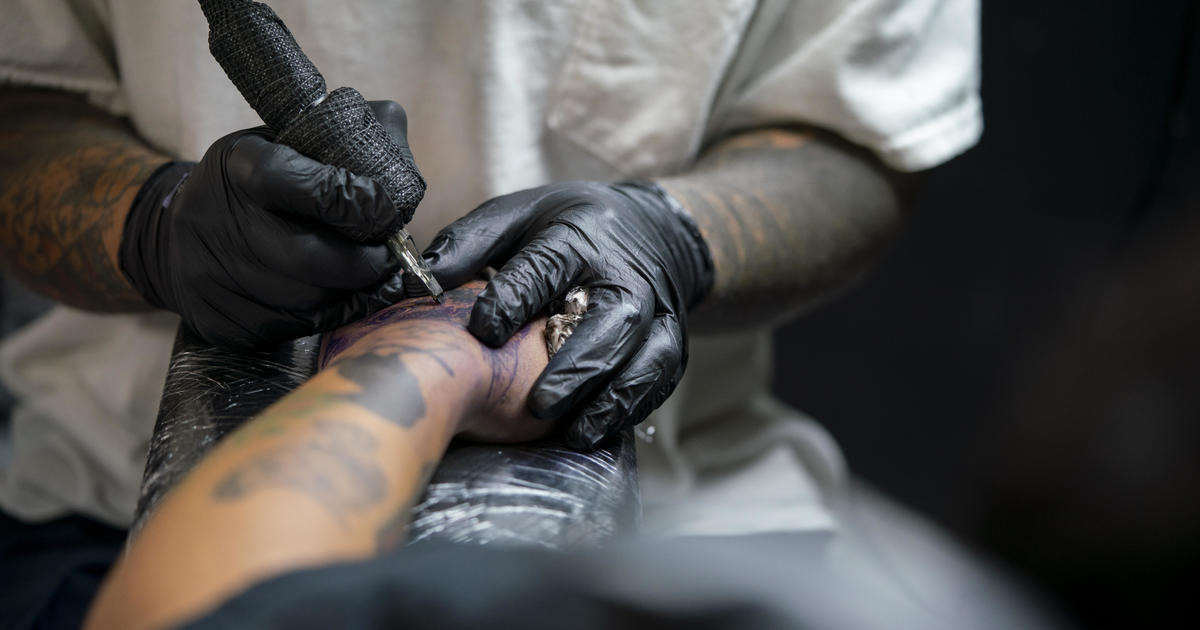Time: 2024-07-09
With the rising popularity of tattoos and Permanent makeup , concerns about contamination in Tattoo ink have been brought to the forefront . According to a new study published in Applied and Environmental Microbiology , over a third of 75 tested inks were found to be contaminated with bacteria , highlighting a significant health risk for those getting inked . The FDA has increasingly warned about tattoo ink - related infections , especially after reports of adverse events have been on the rise over the years.
The study tested 75 tattoo and permanent makeup inks from popular brands and found that around 35 % of them were contaminated with both aerobic and anaerobic bacteria , despite claims of sterility on the labels . This contamination poses a serious risk to individuals getting tattoos , as bacteria can lead to infections , allergic reactions , and other adverse events . The most common types of bacteria found in the ink samples include Staphylococcus saprophyticus , Staphylococcus epidermidis , Cutibacterium acnes , Pseudomonas putida , and Stenotrophomonas maltophilia.

The FDA has been receiving an increasing number of reports of infections and allergic reactions from contaminated tattoo ink , with some cases requiring antibiotics , hospitalization , and even surgery for treatment . The agency has issued guidance to tattoo ink makers to improve safety measures , as multiple recalls have been issued in the past due to contaminated ink causing outbreaks of skin infections.
Surprisingly , even brands that claimed to be " sterile " were found to have bacterial contamination in their products . The FDA found bacteria in nearly half of the permanent makeup inks tested , compared to a quarter of tattoo inks . The study revealed that there was no clear link between product labels claiming sterility and the actual absence of bacterial contamination , raising concerns about the effectiveness of the sterilization process or the accuracy of the claims made by manufacturers.
Moving forward , researchers at the FDA 's National Center for Toxicological Research plan to conduct further studies on microbial detection methods for tattoo inks and to deepen the understanding of microbial contamination in these products . The findings of this study underscore the importance of ensuring the safety and quality of tattoo and permanent makeup inks to protect consumers from potential health risks associated with bacterial contamination.